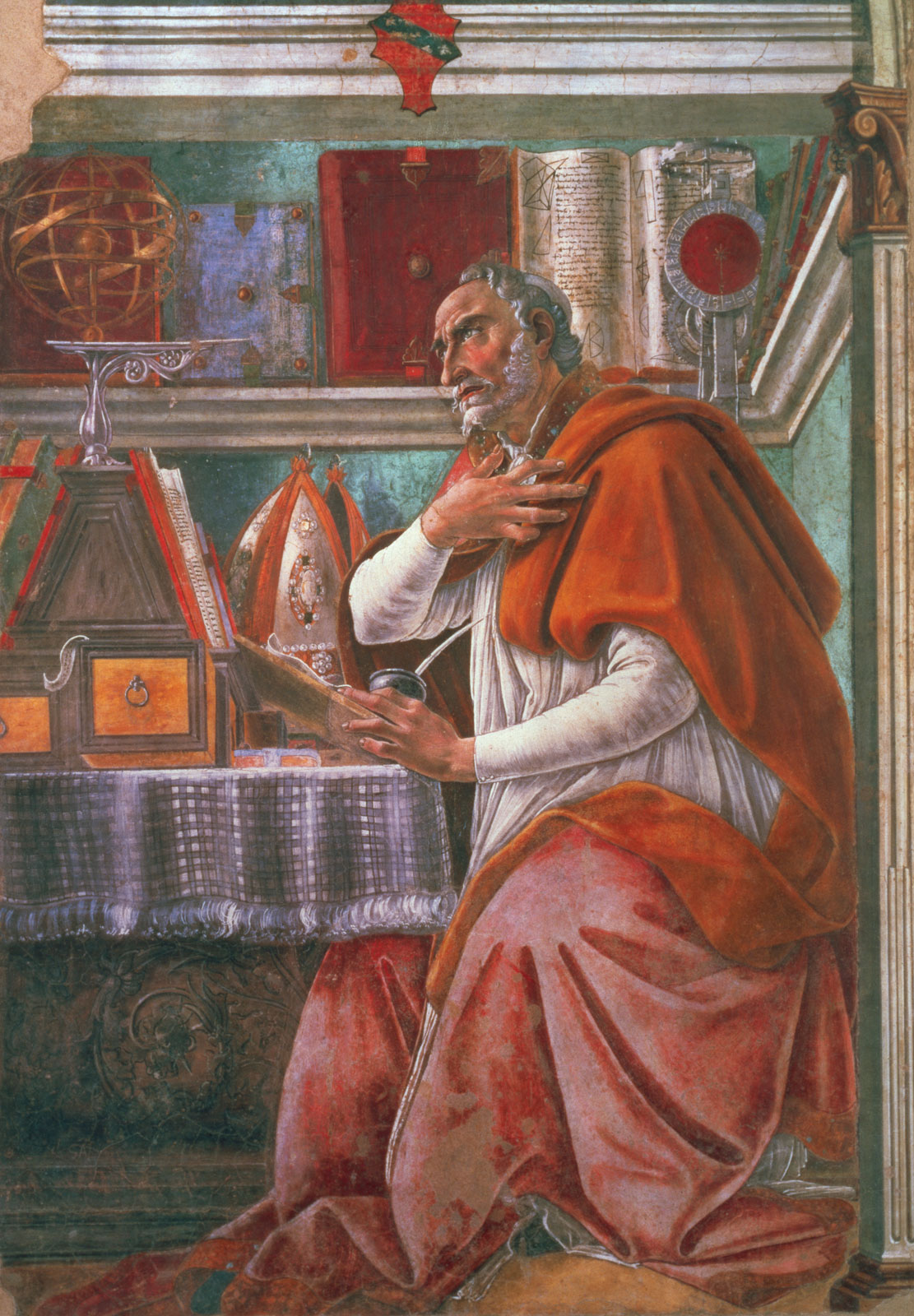
Dallas Willard and the Unhinging of the American Mind
And while Willard is on the mind, here is the link to a super essay, "The Unhinging of the American Mind: Derrida as Pretext." I stumbled onto this essay a little over twenty years ago, I believe. I found it very helpful. His basic argument is that universities have ceased to be institutions which are interested in passing on knowledge.
He writes:
The heart of the university crisis is, in my view, the simple fact that its institutional structures and processes are no longer organized around knowledge. The life of knowledge is no longer their telos and substance. Knowledge and knowing is not what is had in view or consciously supported by them. The people in charge are in fact only very rarely thinking about knowledge. It is not what the place "is about" in the mental processes of those who determine, or think they determine, curriculum, program and personnel, what is to count as "good work" or bad, and who is to be rewarded in various ways or not.
Given recent events at various universities, Willard's basic point simply continues to be vindicated. It is a very good read.
- Details
- Written by Brad Green Brad Green
- Category: Recommended Reading Recommended Reading
- Published: 26 April 2017 26 April 2017
- Hits: 3026 3026
Dallas Willard on Reason and the Benedict Option
I think anytime I have read Dallas Willard, I have benefitted immensely. Today I was reading his essay, "How Reason can Survive the Modern University: The Moral Foundations of Morality" (found here). In light of Rod Dreher's The Benedict Option, I found the following quote very interesting and helpful:
The details are far from clear to me, but I think something like the development of a community of moral understanding in the Christian tradition must be the answer to our current situation. This seems to me the only thing capable of redeeming reason, of providing the moral substance and understanding that can make the life of reason possible. Though I do not share MacIntryre's philosophy of mind and logic, and believe that the understanding and practical appropriation of moral insight is much freer of specific communities than he supposes (There is a human nature, in my view, and it is fairly obvious), I am sure that the restoration of moral knowledge to our academic culture will require a certain community of professionals, academics and intellectuals devoted to that cause over a lengthy period of time.
The essays at Willard's website (here) are a goldmine. They are free, but I still wish someone would put them all together and publish them. Tolle lege!
- Details
- Written by Brad Green Brad Green
- Category: Recommended Reading Recommended Reading
- Published: 26 April 2017 26 April 2017
- Hits: 2734 2734
Augustine on the Error of a Certain Interpreter

Greetings. We are in the Netherlands, where I am teaching a class on Augustine at Tyndale Theological Seminary. Ran across the following in preparing for class. Augustine wrote a volume, Answer to an Enemy of the Law and the Prophets. Some real gems on how to approach the Bible, the nature of language about God, etc., is found in this great piece. On the rainbow in Genesis, did God need a sign because of a poor memory (i.e., because God needs to be "reminded")? No, says Augustine. In criticizing the person in error (who would suggest that God perhaps does have a poor memory), Augustine writes:
"The fellow does not know what he is saying at all, not because his memory is dead, but because his soul is dead." (I.20.43). My!
- Details
- Written by Brad Green Brad Green
- Category: Recommended Reading Recommended Reading
- Published: 03 January 2017 03 January 2017
- Hits: 3239 3239
Tennis in Cambridge
Hi friends. We have enjoyed tennis in Cambridge. Here is a fun blog post about playing tennis in this great city!
- Details
- Written by Brad Green Brad Green
- Category: Recommended Reading Recommended Reading
- Published: 31 December 2016 31 December 2016
- Hits: 3234 3234
